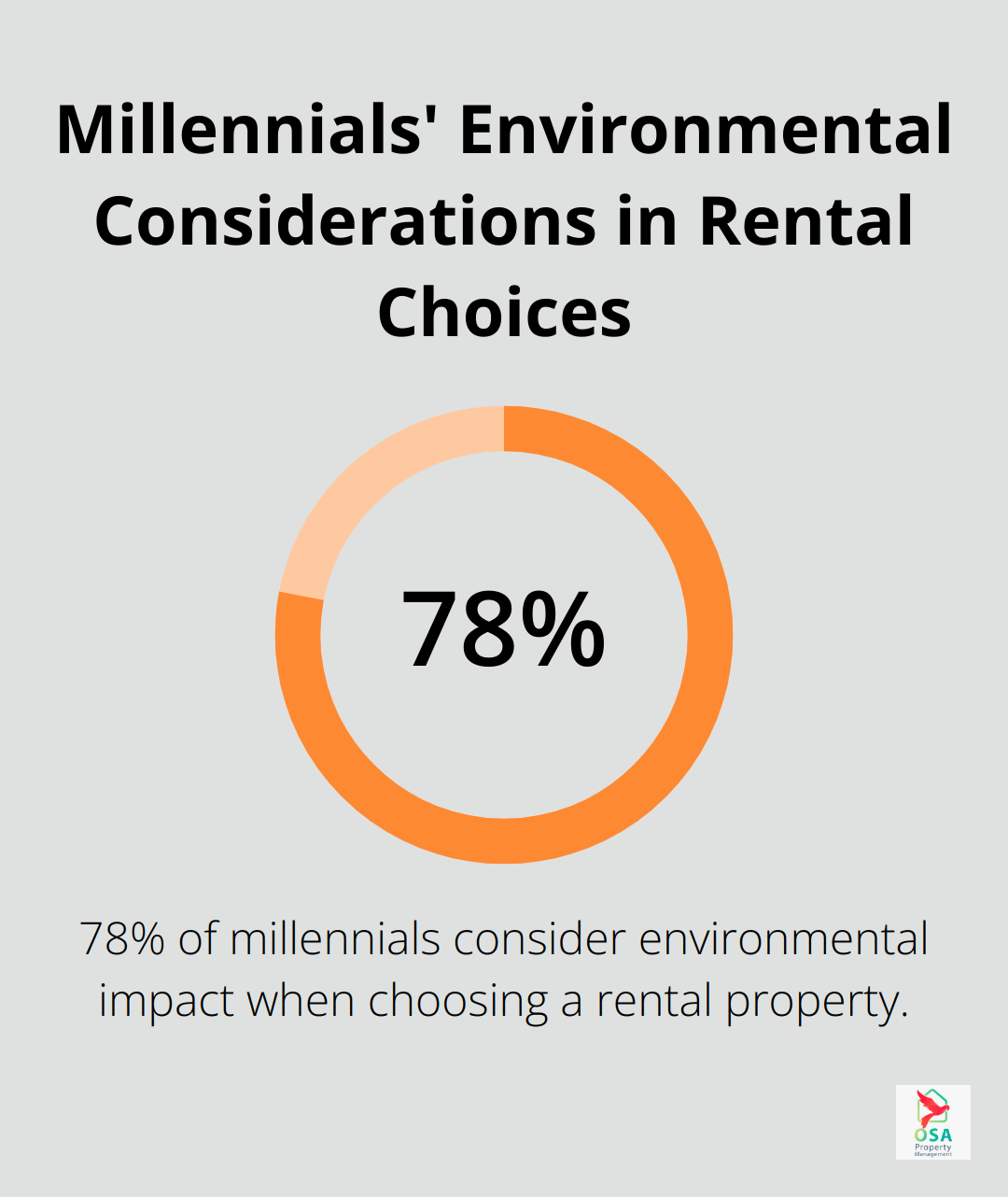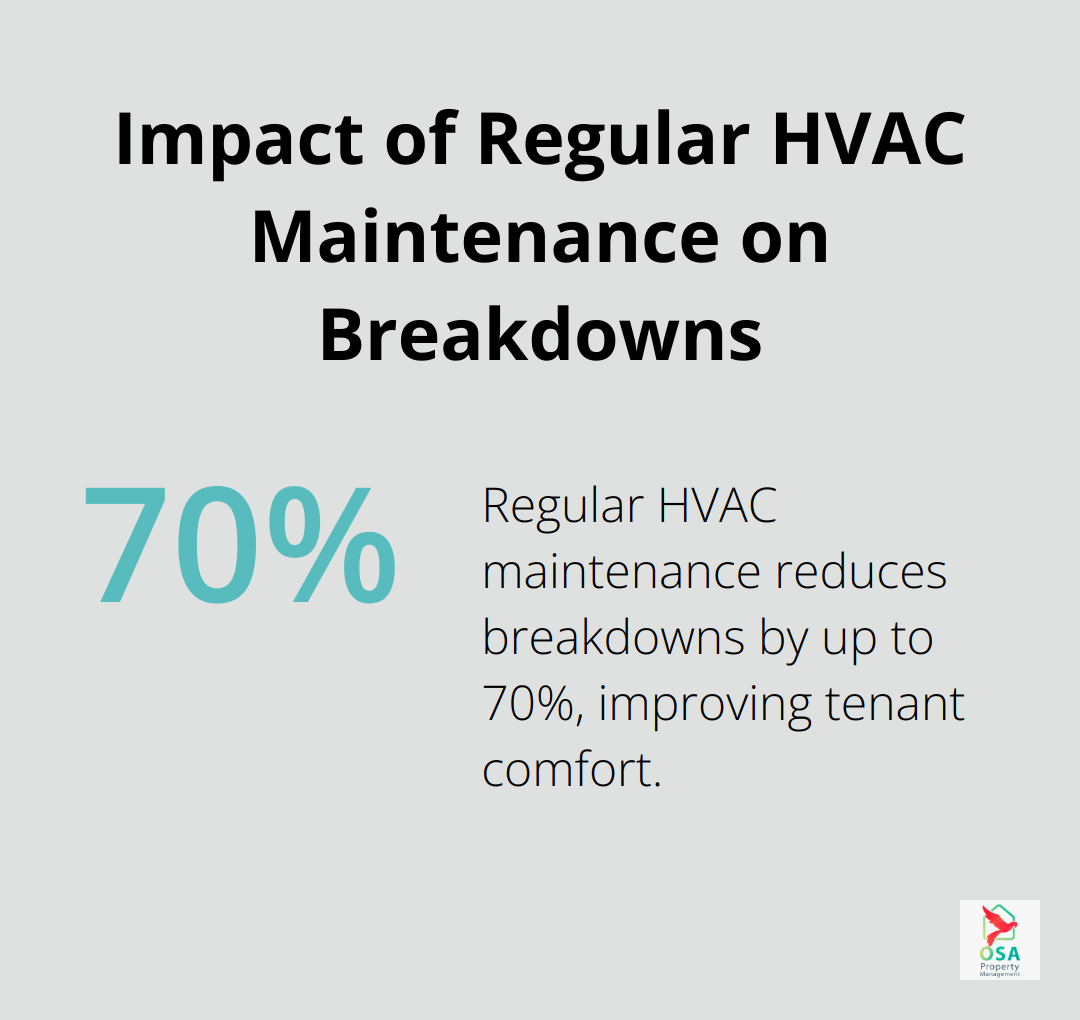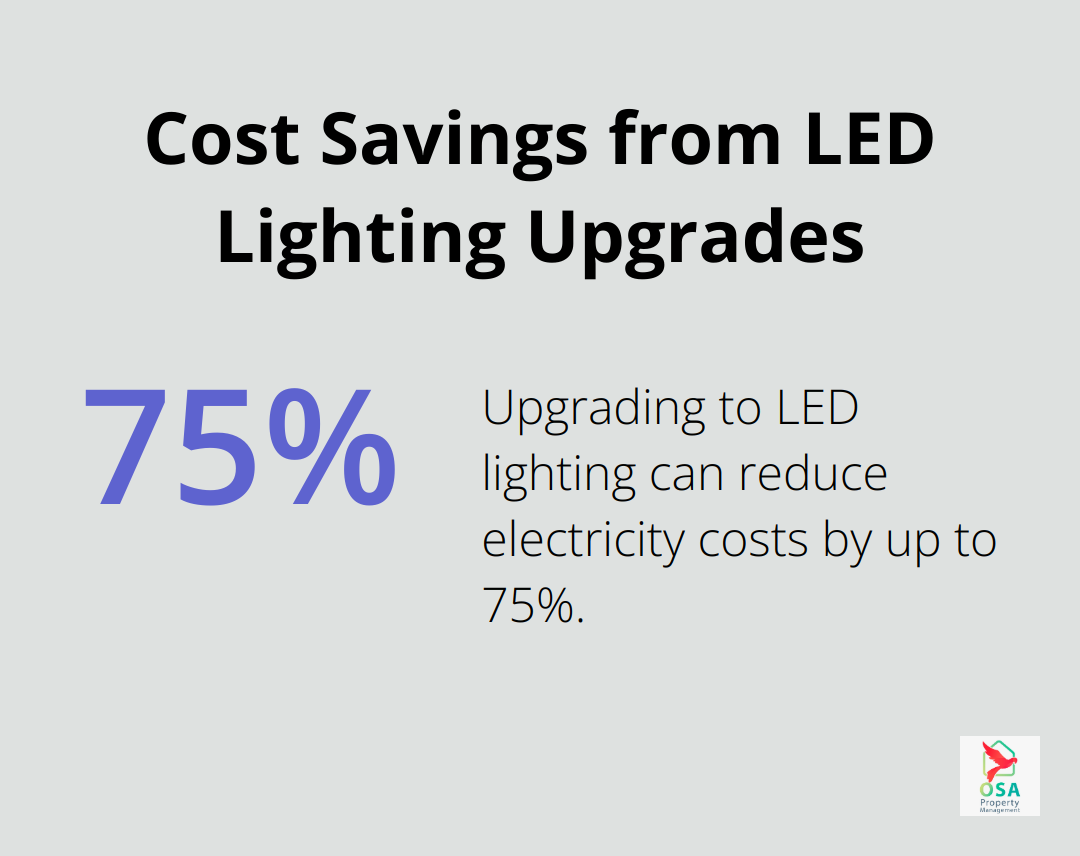Property management is a dynamic field, and we at Osa Property Management understand the ever-evolving landscape of challenges our industry faces.
From rising tenant expectations to complex financial management, property managers must navigate a myriad of issues to ensure success.
In this post, we’ll explore the top issues facing property managers today and provide insights on how to tackle them head-on.
What Do Modern Tenants Expect?
The Tech-Driven Tenant Revolution
Modern tenants demand seamless digital experiences in their living spaces. New data from the 2024 NMHC and Grace Hill Renter Preferences Survey Report shows that connectivity shapes renters’ leasing decisions. Smart home features (keyless entry systems, smart thermostats, and voice-controlled lighting) have transitioned from luxuries to essentials for many.
Property managers should upgrade their properties with Wi-Fi-enabled appliances and implement property management software. This software allows tenants to pay rent, submit maintenance requests, and communicate with management online.
Communication in the Digital Age
Traditional communication methods no longer suffice. Tenants now expect instant, multi-channel communication. A report by AppFolio shows a shift in priorities, with a sharper focus on improving the resident experience.
The implementation of a centralized communication platform that integrates email, text, and in-app messaging can significantly improve tenant satisfaction. Regular updates on maintenance schedules, community events, and policy changes through these channels keep tenants informed and engaged.
Personalization: The New Standard
One-size-fits-all approaches fail to meet modern tenant expectations. Tenants seek personalized experiences tailored to their lifestyle. This could include flexible lease terms, customizable amenities, or personalized welcome packages for new tenants.
A 2025 report by the Urban Land Institute found that properties offering personalized services saw a 15% increase in tenant retention rates. Property managers should conduct regular surveys to understand their tenants’ preferences and adjust their offerings accordingly.
Sustainability and Eco-Friendly Living
Modern tenants increasingly prioritize sustainability in their living spaces. They look for properties with energy-efficient appliances, recycling programs, and green spaces. A 2024 study by the Green Building Council reported that 78% of millennials consider environmental impact when choosing a rental property.

Property managers can address this trend by implementing eco-friendly initiatives (such as installing solar panels or creating community gardens). These efforts not only attract environmentally conscious tenants but can also lead to long-term cost savings.
Health and Wellness Amenities
The global pandemic has heightened awareness of health and wellness among tenants. They now expect properties to offer amenities that promote physical and mental well-being. This includes fitness centers, meditation spaces, and outdoor recreational areas.
A 2025 survey by Apartment List found that 65% of renters would pay more for a property with dedicated wellness amenities. Property managers should consider incorporating these features to meet the evolving needs of health-conscious tenants.
As tenant expectations continue to evolve, property managers must adapt to stay competitive. The next section will explore another significant challenge: maintaining and updating properties to meet these rising standards.
Here’s the modified chapter with the requested changes:
How Can Property Managers Master Maintenance?
The Power of Preventive Maintenance
Effective property maintenance forms the foundation of successful property management. It extends beyond fixing issues; it requires a proactive approach to keep properties in prime condition while managing costs and tenant satisfaction.
Preventive maintenance significantly reduces unexpected breakdowns and extends the life of property assets. Regular HVAC maintenance, for example, reduces breakdowns by up to 70%, ensuring tenants enjoy comfortable living conditions year-round. This approach involves regular inspections and scheduled upkeep of major systems (HVAC, plumbing, and electrical).

Property managers should create a comprehensive maintenance calendar outlining daily, weekly, monthly, and annual tasks. This calendar must be customized to each property’s specific needs and include tasks such as filter changes, gutter cleaning, and roof inspections.
Effective Contractor Management
Timely and quality maintenance hinges on effective contractor management. Property managers must develop a vetted list of reliable contractors for various services.
A contractor rating system based on factors like timeliness, quality of work, and cost-effectiveness helps maintain high standards. Regular performance reviews and clear communication of expectations strengthen contractor relationships.
Technology-Enhanced Property Inspections
Technology has transformed property inspections, making them more efficient and accurate. Mobile apps designed for property inspections allow managers to document issues, take photos, and create work orders on-site. A report by MRI Software noted that 30% of property managers saw a significant reduction in administrative errors after switching to digital reporting systems.
Property managers should conduct thorough move-in and move-out inspections, as well as regular property walkthroughs. These inspections require meticulous documentation, with photos and detailed notes, to track property condition over time and address issues promptly.
Embracing Smart Home Technology
Smart home technology offers new opportunities for property maintenance. Internet of Things (IoT) devices can monitor systems in real-time, alerting property managers to potential issues before they escalate. For example, smart water sensors can detect leaks early, preventing costly water damage.
Property managers should consider integrating smart home technology into their maintenance strategies. This not only improves maintenance efficiency but also appeals to tech-savvy tenants.
Sustainability in Maintenance Practices
Sustainable maintenance practices not only benefit the environment but can also lead to cost savings. Energy-efficient upgrades, water conservation measures, and the use of eco-friendly cleaning products all contribute to a more sustainable property.
Property managers should evaluate their current maintenance practices and identify areas where they can incorporate more sustainable methods. This might include installing LED lighting, low-flow water fixtures, or using green cleaning products.
Mastering maintenance requires a multifaceted approach that combines preventive strategies, strong contractor relationships, and innovative technologies. As we shift our focus to the financial aspects of property management, we’ll explore how these maintenance practices impact the bottom line and overall property value.
Managing Utilities
One often overlooked aspect of property maintenance is managing utilities. Efficient utility management can significantly impact both maintenance costs and tenant satisfaction. Property managers should be well-versed in the process of transferring utilities when tenants change, especially in locations where this process can be complex.
How Can Property Managers Boost Financial Performance?
Tackle Rising Operational Costs
Property management faces increasing operational costs across the board. Cap rates for multifamily properties are continuing on a flat curve from the end of 2024, with an average expansion of 15 basis points from Q3 to Q4 of 2024. Property managers must adopt a proactive approach to cost management.
Regular energy audits identify areas of high energy consumption and suggest improvements. Upgrading to LED lighting can reduce electricity costs by up to 75%. Installing smart thermostats in common areas leads to significant savings on heating and cooling expenses.

Bulk purchasing is another powerful tool for cost reduction. Negotiating contracts with suppliers for items (cleaning supplies, light bulbs, and maintenance materials) secures better prices. Some management companies report savings of up to 20% through strategic bulk purchasing.
Optimize Rental Income
Maximizing rental income while staying competitive requires a delicate balance. Dynamic pricing models adjust rental rates based on market demand, seasonality, and local events. Implementing these strategies can enhance tenant retention, which is crucial for property managers.
Regular market analysis sets competitive rates. Property managers should conduct quarterly reviews of local rental markets, considering factors such as new developments, changes in local amenities, and shifts in tenant demographics. This data-driven approach ensures that rental rates remain attractive to potential tenants while maximizing income for property owners.
Offering premium services or amenities boosts rental income. Providing furnished units or offering short-term leases commands higher rental rates. A 2025 survey by Apartment List found that tenants were willing to pay up to 15% more for units with premium features like in-unit laundry or dedicated parking spaces.
Navigate Tax Regulations and Compliance
The complex world of property tax regulations and compliance can challenge property managers. Staying informed about local, state, and federal tax laws is essential to avoid costly penalties and maximize tax benefits.
Understanding and leveraging depreciation is a key focus area. The IRS allows property owners to deduct the cost of income-producing property over its useful life, which can significantly reduce taxable income. Property managers should work closely with tax professionals to ensure they take full advantage of these deductions.
Staying compliant with fair housing laws prevents hefty fines and damage to reputation. Regular staff training on fair housing practices is essential. The National Multifamily Housing Council reported that companies investing in comprehensive fair housing training saw a 60% reduction in discrimination complaints.
A robust record-keeping system is vital for tax compliance and financial management. Digital platforms that track income, expenses, and maintenance costs not only simplify tax preparation but also provide valuable insights for financial decision-making.
Implement Cost-Effective Technology Solutions
Technology offers numerous opportunities to streamline operations and reduce costs. Property management software centralizes tasks such as rent collection and financial reporting. This automation reduces labor costs and minimizes human error.
Smart building technologies (IoT sensors for energy management, automated HVAC systems) can significantly reduce utility costs. These systems provide real-time data on energy consumption, allowing for immediate adjustments to optimize efficiency.
Cloud-based solutions for document storage and communication improve collaboration and reduce the need for physical storage space. This shift to digital processes not only cuts costs but also enhances the overall efficiency of property management operations.
Final Thoughts
Property management in 2025 presents a complex landscape of challenges and opportunities. The issues facing property managers today range from meeting tech-savvy tenant expectations to navigating intricate financial landscapes and maintaining high property standards. These challenges require property managers to innovate and think ahead in their approach.
Adaptability has become essential for successful property management. As tenant preferences change and new technologies emerge, property managers must update their strategies and skills. This might involve new communication platforms, smart home technologies, or revised maintenance protocols aligned with sustainability goals.
Osa Property Management understands the intricacies of managing properties in Costa Rica. Our team leverages experience to navigate the unique challenges of the local market (from marketing to tax compliance). We provide comprehensive solutions tailored to each property’s needs.

